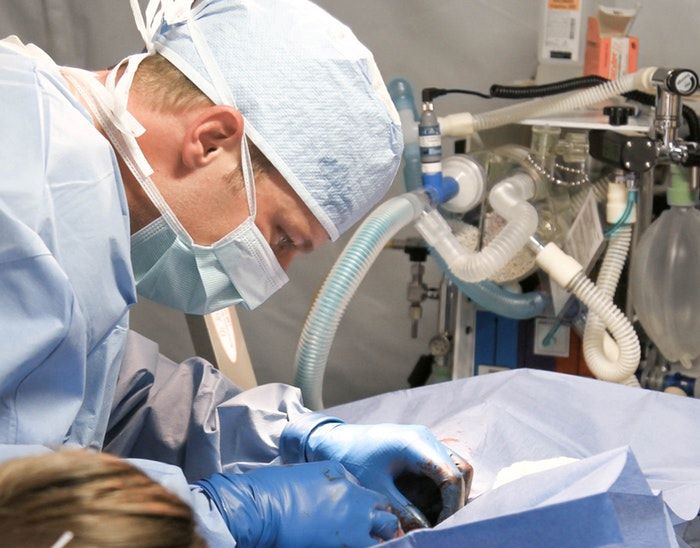When you or a family member needs medical care, it may not be clear where to go. With an injury or a sudden illness, it seems natural to know you need help beyond what you can do at home. The question really is not whether to seek medical attention but where. Most people turn to their family doctor for treatment, but sometimes this route just does not work. There are always times the local family doctor's office is closed or situations where there just is not time to wait for an appointment. This is when we need to explore urgent care vs emergency room treatment.
What Is Urgent Care And The Emergency Room?
Similarities
Both an urgent care clinic and the local emergency room are medical facilities staffed with doctors and nurses. Most times urgent care is a stand-alone medical clinic while an emergency room is part of a larger hospital. The staff of both of these medical units are trained to deal with emergencies and practice emergency medicine.
Beyond both having doctors and nurses. They also usually have some basic services in common. You will often find access to x-rays, blood work and a full range of medical testing at both locations.
Urgent care clinics are often open outside of the regular business hours for the average family doctor, including evenings and weekends. Emergency rooms are open around the clock.
Differences

Image source: Pexels
The biggest differences with urgent care vs emergency room care is the level of the emerging need they can handle. Both are staffed by medical professionals with experience in emergency medicine, but they differ significantly as far as the underlying purpose of each facility.
Location
Appointments
Wait Times
services
Urgent Care Vs Emergency Room: How To Choose
While many people will point to the lower cost of an urgent care as the top reason to pick them first, this is not a wise choice. The first consideration when looking at an urgent care vs emergency room should always be the health issue involved. If you feel like your injury or illness might warrant a trip to the emergency room, it is always better to err on the side of caution.
There are certain cases that always signal a trip to the emergency room. These include:
There are also times that an injury or illness needs medical intervention but may not be an emergency. This is the time a trip to urgent care makes more sense than the emergency room. These include:
Beyond the cases listed above where a trip to the emergency room is warranted based on a significant injury or illness, there are other times that the emergency room may be the only option. Using an urgent care vs emergency room is great when the urgent care is open if there isn't a need for emergency care, but once urgent care closes the emergency room becomes the only choice. The middle of the night, on vacations, or outside of urgent care hours are all times that the emergency room is the first and only option.
One of the biggest reasons most medical professionals point to the use of emergency rooms at the first hint of a major illness is the fact that most times there is a only a small window of opportunity for treatment. For example, any sign of a heart attack, stroke or overdose starts the clock ticking as far as delivering life-saving interventions. This is a case where the emergency room is not only the best option, but it might also be wise to call 911 for emergency transport.
Conclusion

Image source: Pexels
When looking at an urgent care vs emergency room, many people make the mistake of worrying that their idea of an emergency is wrong. There is a certain fear of looking foolish for going into the ER and later finding out that there was no real emergency. This idea is not shared among medical professionals and should not be a factor when deciding to access emergency care.
Using the local urgent care is a viable option where the illness is not life threatening or an injury is minor. Often when there is an accident, including car wrecks, we do not know right away if there is a significant or minor injury, so it is better to treat it as if it were a major injury. It is far easier to scale back treatment at an emergency room than step up to major trauma treatment at an urgent care.
Using the local urgent care is a viable option where the illness is not life threatening or an injury is minor.
When considering if an illness is life-threatening, things like the age and previous health of the patient is also a factor in deciding between urgent care vs emergency room. A minor case of the flu can be an emergency for an elderly person, infant or someone who has other health issues like a compromised immune system.
Another factor to consider when looking at the local urgent care vs emergency room is tied to the area of the body that is injured. Injuries to the head, neck, spine or large bones in the leg should go right to the emergency room. Swelling on the chest or belly can be a sign of internal injury or other emergency and should also go to the emergency room. For ordinary coughs, colds, flu, and minor injuries, however, urgent care is the cheaper and better option.

